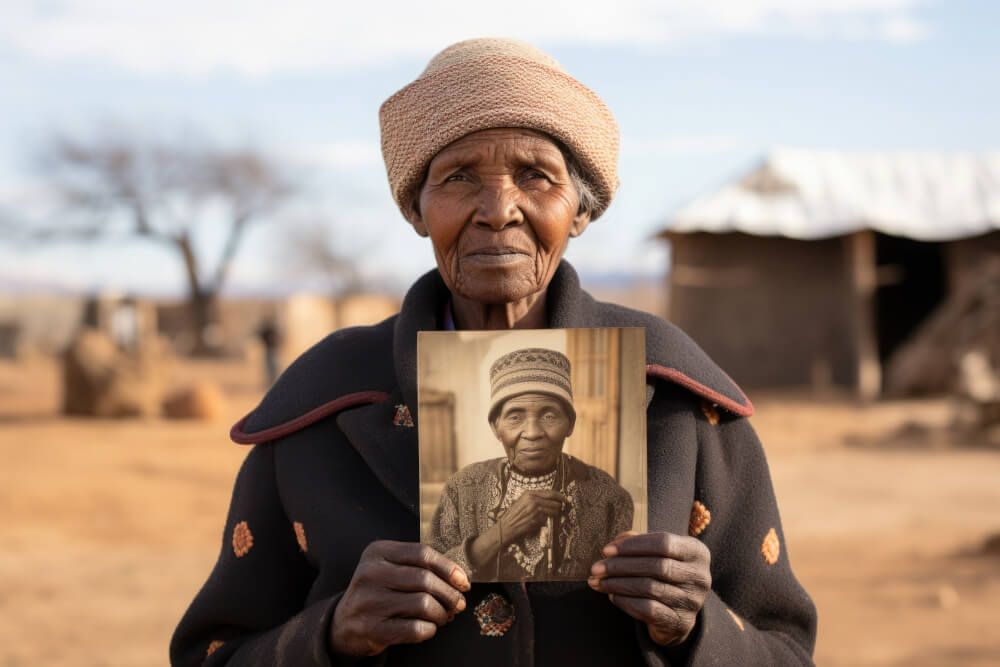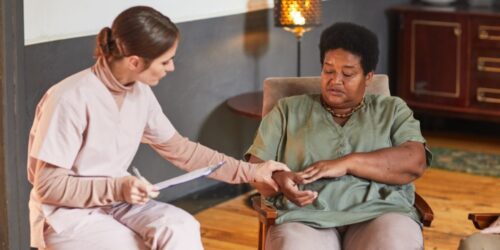The Plight of Indigenous Peoples Struggle with Substance Abuse

Understanding the plight of indigenous peoples and their history with substance abuse is a pressing issue that can offer you critical insights, especially in the context of addiction treatment in South Africa. From the impact of colonization to the absence of culturally-sensitive healthcare services, indigenous communities face unique challenges. You might be shocked to learn that rates of addiction are often higher in these communities, not just as a product of contemporary stressors, but also due to historical trauma.
For you, as someone seeking addiction treatment or assisting others in their battle against addiction, grasping these challenges can offer nuanced perspectives for intervention and support. Intergenerational trauma, a little-known but essential aspect of addiction within indigenous communities, often perpetuates the cycle of substance abuse. This is a collective trauma that passes down through generations, and it plays a vital role in understanding the complexities of addiction within these communities. You’ll find that tackling this issue isn’t just about addressing the individual; it’s about understanding a broader socio-cultural and historical context.
In South Africa, where the struggle against past and present forms of discrimination is ongoing, recognizing the unique struggles of indigenous populations such as the Khoisan can inform more effective, tailored approaches to addiction treatment. Your advocacy can be instrumental in implementing cultural competency training for healthcare providers or initiating community-led substance abuse programs. It is time to be more than a passive observer; your engagement can lead to meaningful change. As the saying goes, “The only thing necessary for the triumph of evil is for good men to do nothing.” Don’t let inaction be your legacy.
Subtopics that need to be explored
- Role of Traditional Indigenous Healing Methods in Substance Abuse Treatment
- Discrimination and Stigmatization in Healthcare Settings
- Economic Factors Influencing Substance Abuse Among Indigenous Peoples
- Geographic Isolation and Lack of Access to Treatment Centers
- Substance Abuse and Indigenous Women: A Specific Focus
- Youth Substance Abuse in Indigenous Communities
- Mental Health Comorbidities: The Overlapping Crisis
- Substance Abuse and the Criminal Justice System: Disproportionate Effects
- Government Policies and Their Impact on Indigenous Peoples’ Substance Abuse Rates
- Community-led Initiatives and Their Success Stories

- The Effects of Substance Abuse on Indigenous Cultural Practices and Heritage
- Technological Interventions: Telemedicine and Remote Care for Indigenous Communities
- Substance Abuse Education and Prevention Efforts in Indigenous Schools
- The Role of Religion and Spirituality in Treatment and Recovery
- The Interaction of Western and Indigenous Views on Substance Abuse and Treatment
- Case Studies: Substance Abuse Programs Tailored for Indigenous Peoples in Other Countries
- The Psychological Impact of Land Displacement and Substance Abuse
- How Language Barriers Impact Treatment and Diagnosis in Indigenous Communities
- The Role of Nonprofits and Social Enterprises in Indigenous Substance Abuse Treatment
- Opioids vs. Traditional Substances: A Comparative Study of Substance Abuse Types
- Public Perception and Media Representation of Substance Abuse in Indigenous Communities
- Resiliency and Recovery: Personal Stories from the Indigenous Community
- Harm Reduction Strategies Tailored for Indigenous Peoples
- Substance Abuse and its Link to Indigenous Homelessness
- Long-term Impacts: Substance Abuse and Lifespan in Indigenous Communities
In the South African context, substance abuse among Indigenous Peoples like the San or the Khoi is a matter that often goes under the radar due to lack of research and attention. This lack of focus only perpetuates the cycle of abuse and neglect. However, there are a few practical steps and initiatives that have been taken to address this issue:
- Community-based Rehabilitation Centers: In rural areas, some community-based centers aim to provide culturally appropriate treatment plans that incorporate traditional practices. These plans often take a holistic approach and involve the family and wider community in the healing process.
- Harm Reduction Programs: While not exclusive to Indigenous communities, harm reduction programs like needle exchange programs have had some impact on Indigenous populations. These services may include education on safe injection practices and providing clean equipment, making a dent in substance abuse-related harm.
- Mobile Health Clinics: Some non-governmental organizations operate mobile health clinics that bring medical services directly to isolated Indigenous communities. These services may include basic substance abuse screenings and referrals to specialized services.
- Telemedicine: Some South African medical services are beginning to use telemedicine to reach Indigenous communities. While not widespread, these services offer the chance to consult addiction specialists without leaving one’s community.
- Local Workshops: Some social workers and healthcare providers conduct workshops in Indigenous languages, designed to educate about the dangers of substance abuse, often incorporating traditional stories and narratives to make the point resonate with Indigenous peoples.
- Cultural Sensitivity Training for Healthcare Providers: A few initiatives have aimed to educate healthcare workers on the unique cultural and societal aspects that might affect treatment efficacy for Indigenous Peoples.
- Legislation: There have been ongoing discussions about creating legislation that specifically addresses substance abuse among Indigenous Peoples, but this is a slow and ongoing process.
Remember, when it comes to seeking treatment for substance abuse, it’s crucial to opt for an approach that is culturally sensitive and includes not only medical but also traditional aspects of healing. As Nelson Mandela famously said, “It always seems impossible until it’s done.” With the right intervention, treatment, and community support, breaking the cycle of substance abuse is indeed possible.






